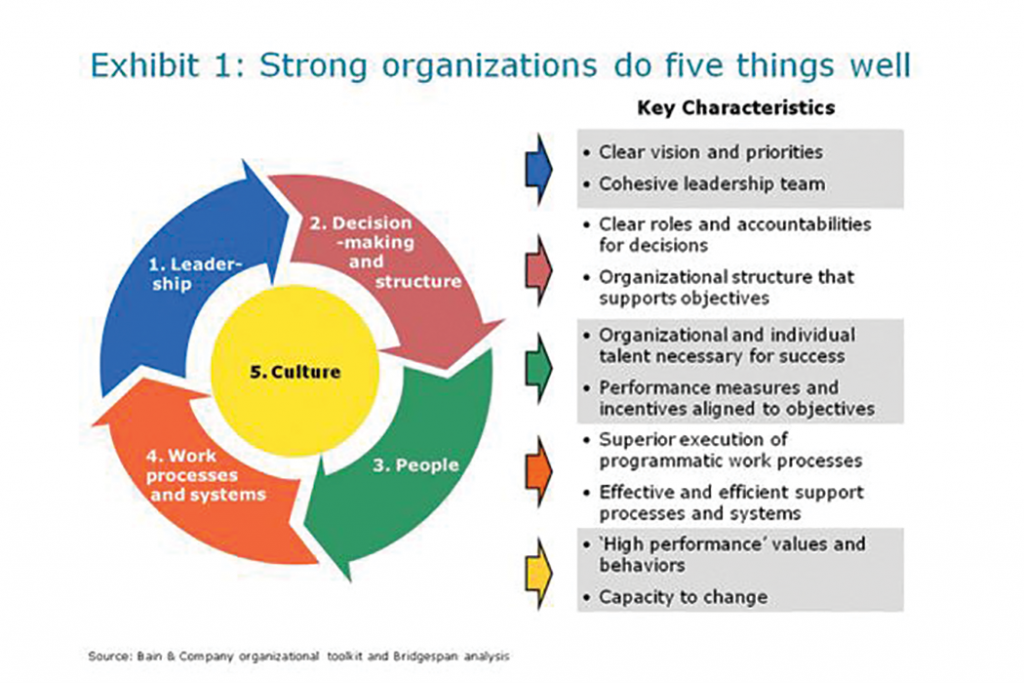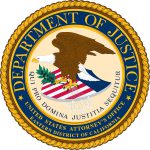HOW TO BE A PROFESSIONAL BEE CLUB
A Professionally Managed Board of Directors Takes Their Responsibilities Seriously.
by Michele Colopy
Bee Clubs have not evolved as professionally run associations as fast as other membership based groups. There is far too often an outdated belief about “how to run a bee club.” I wrote about many of those “beliefs” in last month’s article in “How To Break A Bee Club.” All beekeeping organizations are formed to promote beekeeping education, support beekeeping and beekeepers, and work with the community to ensure beekeeping is safe (not a public nuisance), healthy, and a part of sustainable agriculture. As such the mission of the bee club guides the leadership for the programs and activities provided to the membership. By Laws of bee clubs clearly state that the leadership will not financially benefit from their association within and for the club. Just like a dog breeders association will not allow for an officer in the club to only sell their puppies to the membership; a leader in the bee club should not be the only person selling bees or equipment to members. Situations such as this are unprofessional and unfair.
“A nonprofit organization is formed for the purpose of serving a public or mutual benefit other than the pursuit or accumulation of profits for owners or investors.”1 As discussed in previous articles, to be a responsible, fair, professionally managed bee club, whether you are registered as a nonprofit or not, no one individual or small group of individuals should be able to accumulate profits from their leadership in the bee club. Leaders in bee clubs are comprised of members of the club, and voted into their leadership positions by the membership. Therefore, the leaders must represent all members of the club, not profit from all of the members. As well, leaders should not utilize the bee club’s funds for honorariums to friends or themselves for programs or services to the club. If you serve the bee club as a leader, certainly leaders should be reimbursed for extraordinary expenses in service to the bee club. Extraordinary expenses are activities such as travelling to the State Legislature to meet with legislators in support of beekeeping legislation or for participation in the development of State Pollinator Plans. Gasoline for driving to the monthly club meeting or for committee work for the club is not “extraordinary;” that is part of the volunteer work you agreed to when you were elected to the Board.
A professionally managed Board of Directors takes their responsibilities seriously, protects the organization’s funds, promotes the mission of the bee club, and works to ensure its longevity long after their term has concluded. The Bridgespan Group lists Basic Responsibilities of a Board of Directors:
- Determine mission and purpose. It is the board’s responsibility to create and review a statement of mission and purpose that articulates the organization’s goals, means, and primary constituents served.
- Ensure effective planning. Boards must actively participate in an overall planning process and assist in implementing and monitoring the plan’s goals.
- Monitor and strengthen programs and services. The board’s responsibility is to determine which programs are consistent with the organization’s mission and monitor their effectiveness.
- Ensure adequate financial resources. One of the board’s foremost responsibilities is to secure adequate resources for the organization to fulfill its mission.
- Protect assets and provide proper financial oversight. The board must assist in developing the annual budget and ensuring that proper financial controls are in place.
- Build a competent board. All boards have a responsibility to articulate prerequisites for candidates, orient new members, and periodically and comprehensively evaluate their own performance.
- Ensure legal and ethical integrity. The board is ultimately responsible for adherence to legal standards and ethical norms.
- Enhance the organization’s public standing. The board should clearly articulate the organization’s mission, accomplishments, and goals to the public and garner support from the community.”2
The Bee Club Leadership, whether a local, state, or national group, has legal responsibilities:
“The duty of care describes the level of competence that is expected of a board member and is commonly expressed as the duty of “care that an ordinarily prudent person would exercise in a like position and under similar circumstances.” This means that a board member owes the duty to exercise reasonable care when he or she makes a decision as a steward of the organization.
The duty of loyalty is a standard of faithfulness; a board member must give undivided allegiance when making decisions affecting the organization. This means that a board member can never use information obtained as a member for personal gain, but must act in the best interests of the organization.
The duty of obedience requires board members to be faithful to the organization’s mission. They are not permitted to act in a way that is inconsistent with the central goals of the organization. A basis for this rule lies in the public’s trust that the organization will manage donated funds to fulfill the organization’s mission.”3
The National Council of Nonprofits expands upon the concept of a professionally managed nonprofit encouraging a “code of ethics.”
“Honesty, integrity, transparency, confidentiality, and equity are each examples of values that are typically expressed in a charitable nonprofit’s code of ethics. The purpose of adopting such a statement formally is to provide employees, volunteers, and board members with guidelines for making ethical choices and to ensure that there is accountability for those choices. When board members of a charitable nonprofit adopt a code of ethics, they are expressing their commitment to ethical behavior. Such a commitment goes a long way to earning the public’s trust”4 and the trust and respect of the membership of the beekeeping association.
Leaders of member associations are representing all of the club members, not just themselves. The actions of one leader can severely damage the reputation of the entire bee club, drive members away, and even damage the public image of the purpose of the association: in this case beekeeping overall. With leadership comes responsibility.
Bee Club Leadership, the entire Board of Directors, can “organize itself for success as follows:
- Board size: the fewest number of board members that will be required” by your State, and the functions of your Club should comprise the Board
- “Board composition: the particular expertise, experience, diversity, and networks that will be needed among board members to maximize success
- Expectations: a clear statement of expectations – that addresses meeting attendance, giving, fundraising, etc. – that is agreed upon among current board members and also shared among new board recruits
- Board structure: committees that are needed to logically organize the work
- Meeting agendas: to focus attention and discussions
- Leadership: the qualifications required to lead for success
- Board development: the board assesses and improves itself on a regular basis
- A transition plan: for the board to transition its composition, leadership, and structure in order to maximize the organization’s greatest potential in service to the community5
“The role of the board is to achieve the organization’s greater potential as well as its mission. The board’s role is to ask: “How do we know?” The Board must evaluate and assess the organization to ensure it is meeting its mission, and its programs are serving the membership. “The board understands that the organization’s success is their responsibility. Board oversight is essential; it’s also not enough.” Boards must be aware of their financial and legal obligations and exercise their duties accordingly for the good of the bee club.
State nonprofit councils have Standards for Excellence they promote to nonprofits.6 If all nonprofits are managed ethically, responsibly, and effectively then all nonprofits benefit. When one nonprofit is scrutinized due to spending too much of donor funds on Board member benefits, if they put the organization into debt through poor program activity choices, or simply embezzle donor or member funds, that single nonprofit affects the public image of all nonprofits. When one bee club is unethical, or one leader benefits financially from their position in the bee club it affects more than just that bee club. When the rest of the Board does not practice their duty of care, loyalty, and obedience to protect the bee club, they will not understand how to function as a board member in other local, state, regional, or national bee clubs.
Alice Korngold sums up the role of Boards, “When board members embrace their responsibility, commit to engage productively, and contribute generously, then they can accomplish great things in achieving the mission and the organization’s greater potential. That’s the role of the board.”7
1Learning to Give, Kate Luckert, Nonprofit Organizations and Definitions, www.learningtogive.org/resources/nonprofit-organizations-definition-and-examples
2Board Source, Basic Responsibilities of Nonprofit Boards, The Bridgespan Group, www.bridgespan.org/Publications-and-Tools/Nonprofit-Boards/Nonprofit-Boards-101/Basic-Responsibilities-Nonprofit-Boards.aspx#.VuckBeZl2vY
3Board Source, What re the legal responsibilities of nonprofit boards?, The Bridgespan Group, www.bridgespan.org/Publications-and-Tools/Nonprofit-Boards/Nonprofit-Boards-101/Legal-Responsibilities-Nonprofit-Boards.aspx#.Vuck7uZl2vY
4Code of Ethics for Nonprofits, www.councilofnonprofits.org/tools-resources/code-of-ethics-nonprofits
5The Role of the Nonprofit Board: Four Essential Factors for Effective Governance, Alice Korngold President, Korngold Consulting LLC, 09/09/2012 02:41 pm ET | Updated Nov 09, 2012, www.huffingtonpost.com/alice-korngold/the-role-of-the-nonprofit_b_1867740.html
6Principles and Practices, National Council of Nonprofits, www.councilofnonprofits.org/tools-resources/principles-and-practices
7The Role of the Nonprofit Board: Four Essential Factors for Effective Governance, Alice Korngold President, Korngold Consulting LLC, 09/09/2012 02:41 pm ET | Updated Nov 09, 2012, www.huffingtonpost.com/alice-korngold/the-role-of-the-nonprofit_b_1867740.html
Michele Colopy is the Program Director for the Pollinator Stewardship Council. She holds a Master’s degree in Arts Administration/Nonprofit Management from The Univ of Akron, and has created, revitalized and held leadership roles in nonprofit organizations for 20 years.










